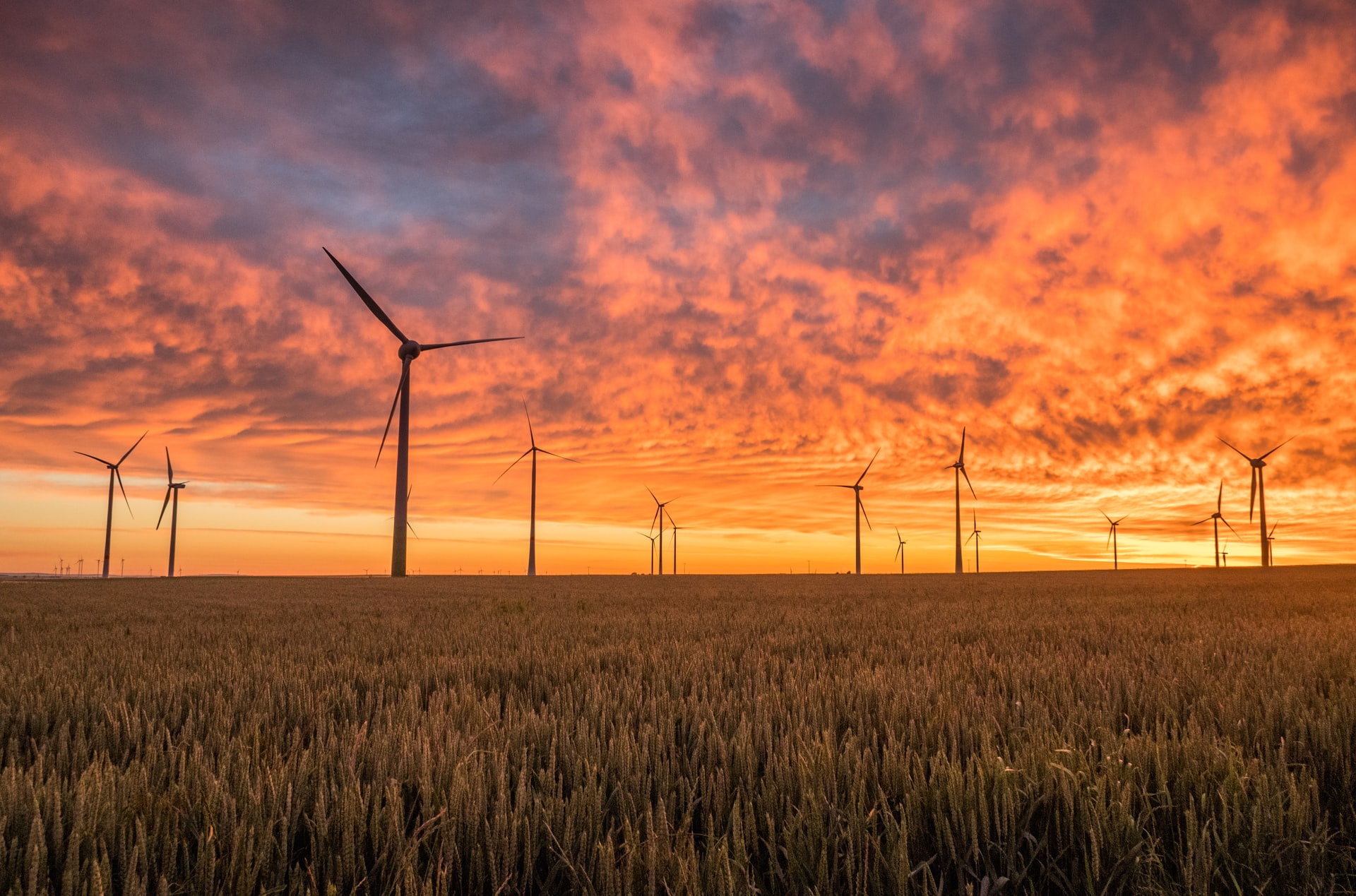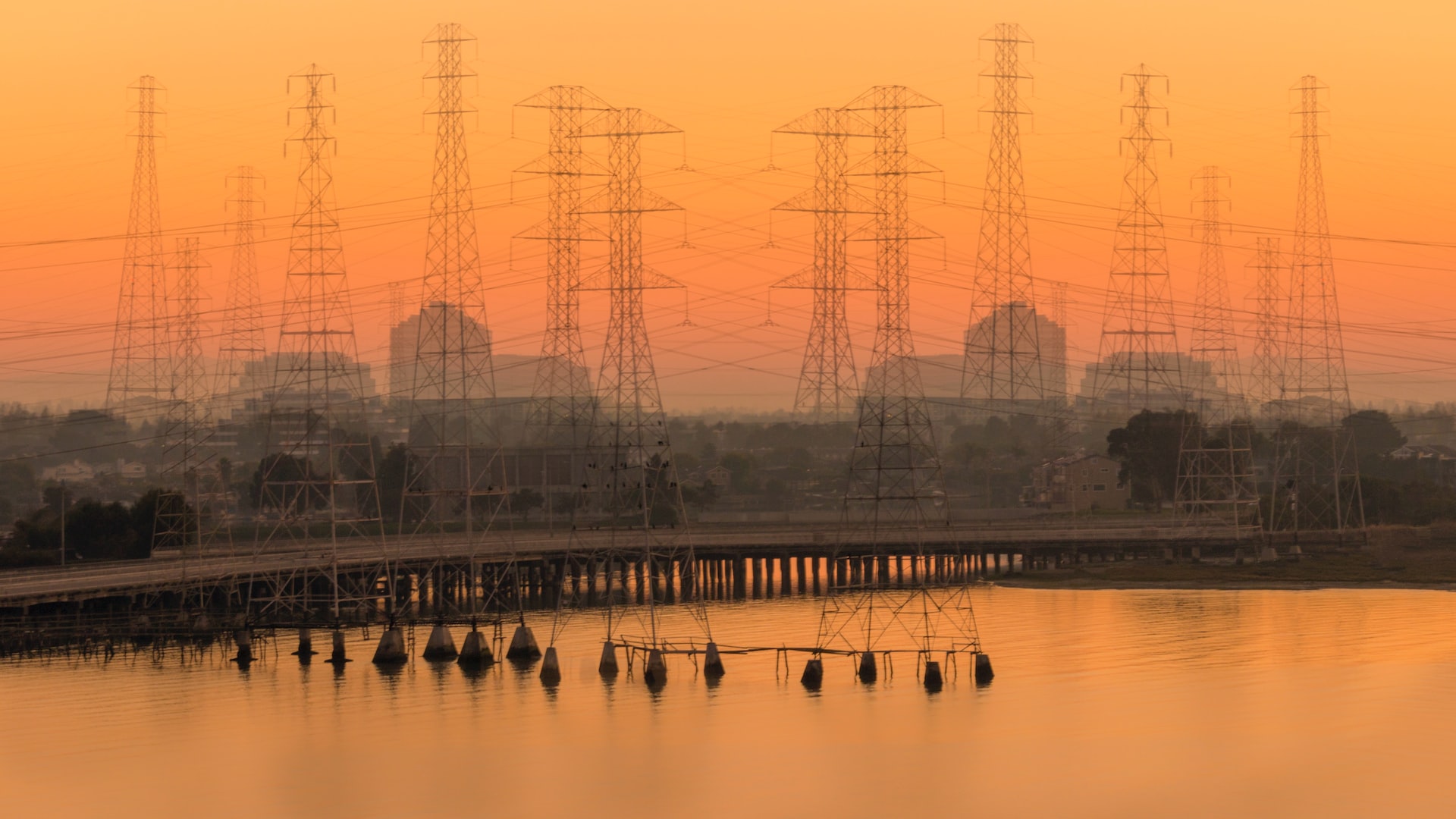Energy Security Needs a Rethink
The Russia-Ukraine crisis has wide implications. Regardless of whether an economy has economic alliances with Russia, or is impacted by the severe sanctions in effect, the impacts of the war will be felt strongly by all countries, especially from an energy security standpoint.
Is the Russia-Ukraine conflict going to result in a serious relook at energy policies globally? Will it encourage lower oil dependency and catalyze a faster transition to renewable energy sources?
Horasis is organizing the Horasis Global Meeting on 19 May 2022 to examine and evaluate ongoing geopolitical developments. The one-day virtual event will see participation from a diverse range of people, spanning members of governments, businesses, academia, and the media. The goal is to deliberate on pressing geopolitical issues, and arrive at resolutions that ensure both peace and prosperity.
Europe’s Current Energy Situation
When major western economies announced sanctions against Russia, earlier in March 2022, there were prompt announcements made by several multinational companies about temporarily suspending, or permanently closing their Russian subsidiaries. On the energy front, Russian crude was shunned, although India and China continue to purchase Russian energy in the open market. In a short span of time, fuel prices skyrocketed, leading to record inflation rates worldwide. The US, for example, is experiencing inflation levels that are at a 40-year high.
Over the past decade or so, several economies prioritized strengthening their renewable energy generating capabilities. China is the leading renewable energy producer globally; its annual output is 1,020 gigawatts. Meanwhile, the three largest European renewable energy producers are Germany, France and Italy. Their combined output was 255 gigawatt – a relatively minuscule share that implies the bulk of their economies are fossil fuel supported. Germany, for instance, imports up to 61.4% of its total energy requirement.
Unintended Outcomes
A major share of Russian crude was always Europe bound. Following the announcement of sanctions, however, it was a reputational hazard to continue to transact with Russia. But finding alternate sources, or transitioning to renewable energy sources was clearly not possible in such short timeframes. In fact, it is alleged that European crude oil traders are making clandestine purchases of Russian crude that bear names such as Latvian blend or the Turkmenistani blend. A massive surge has been reported about Russian oil tankers leaving ports for undisclosed locations.
Apart from energy dependency, Europe is home to an enormous auto sector which is also dependent on Russian origin minerals. Russia is the world’s largest nickel producer – a key component in electric vehicle batteries. There was a sharp spike in nickel prices, so much so that the London Metal Exchange halted trading on 16 March when nickel prices hit an astronomical US$100,000 per ton.
Renewable Energy Uptake is a Necessity
India made it abundantly clear that it will continue to purchase Russian crude in rubles. Ensuring energy security for its massive economy and sizeable population is vital. But for major European economies particularly, and especially following their decision to not purchase Russian energy, they must push for faster and higher renewable energy outputs.
In the aftermath of the 2011 Japan earthquake, and the ensuing tsunami that damaged four nuclear reactors, nuclear power received substantial negative publicity. Germany decided to decommission its nuclear reactors – a stand that Canada also agreed with. In fact, Germany will “switch-off” its final three nuclear power reactors by December 2022 over concerns about the technology’s safety. It also plans to eliminate coal usage by 2030. But neighbouring France is planning an exactly opposite route.
France plans to upgrade its existing reactors and even build new ones to meet growing energy needs. Amid such contrasting viewpoints, does nuclear energy demand a rethink? It is one of the cleanest energy forms there is.
All Alternative Energy Sources Must Be Examined
Whether the Russia-Ukraine crisis has accelerated the need to look at alternative energy sources, or if it has, instead, catalyzed a shadow trade in Russian crude, remains to be seen. What the current situation also highlights are how crucial fossil fuel continues to be, despite noteworthy gains being made in the renewable energy space.
Any economy will lay strong emphasis on its energy security; this notion has been established beyond reasonable doubt. Fuel prices, meanwhile, are likely to climb further. And since even electric vehicle raw material supplies are in question, it is imperative to consider and evaluate all available clean-fuel options. Hydrogen powered fuel cell electric vehicles, for example, could be credible competitors to their all-electric counterparts. But for renewable energy sources to become mainstream, governments, businesses and individuals must come together and arrive at lasting sustainable solutions.
Photo Caption: The Russia-Ukraine conflict has put the spotlight on energy security.



